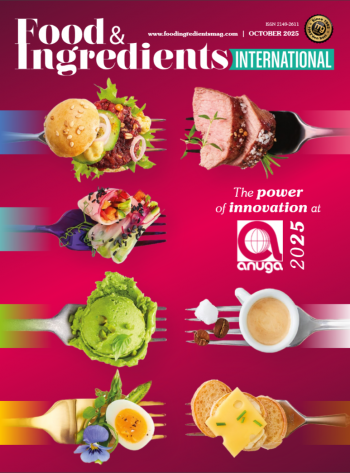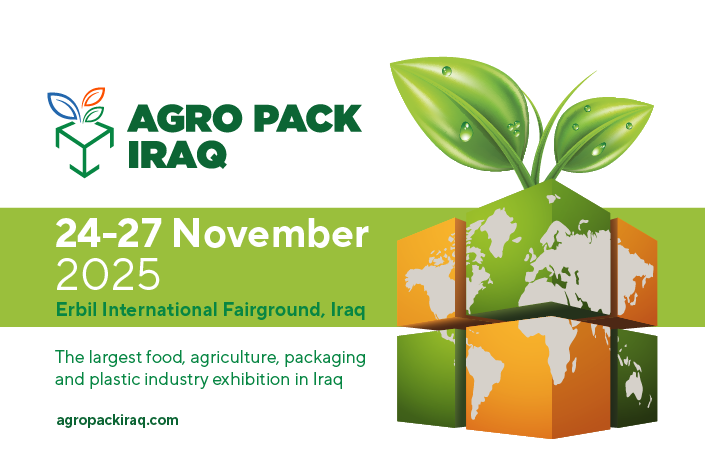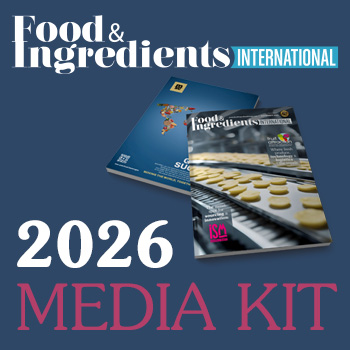Solar Foods joins forces with academia and contract partners in a EUR 5.5 million European Innovation Council (EIC) project HYDROCOW. The project will develop a novel biological tool to produce sustainable milk protein from CO2 and electricity.
EIC is part of Horizon Europe, an EU research and innovation funding programme focused on identifying, developing, and scaling up breakthrough technologies. The HYDROCOW project funding comes from the EIC Pathfinder instrument which targets the exploration of exceptionally bold ideas for radically new technologies and early-stage research.
In spirit of the Pathfinder call, HYDROCOW aims to create a scientific breakthrough. Our goal is to engineer a microbe that converts carbon dioxide (CO2) and hydrogen, produced from water using electricity, into beta-lactoglobulin, a major constituent of milk. In other words, HYDROCOW aims to produce milk with CO2 and electricity, removing the cow from the process.
A challenging endeavor – but with a high reward
As far as we know, milk protein production with this type of microbe has never been done before. We expect the hydrogen technology platform to be orders of magnitude more efficient and environmentally friendly compared to traditional animal-based dairy farming which in turn has inherent environmental problems.
Hydrogen-oxidizing microbes are known for their unique ability to extract energy from hydrogen and carbon from CO2 gas, not for their protein production capabilities. Engineering microbes to secrete nutritional proteins in general has been a keen point of interest over the last years. However, most solutions rely on heterotrophic microbes that feed on sugar or other high-energy carbon sources derived from agriculture.
The HYDROCOW project takes things one step further by building a carbon neutral system that works independently from agriculture and photosynthesis. Instead of starting from heterotrophic microbes that use feedstocks from agriculture, we are modifying a hydrogen-oxidizing microbe to secrete milk proteins. This removes agriculture from the equation.
Despite such an attractive goal, attempts to achieve this objective have been scarce. The challenge lies in the fact that hydrogen-utilizing microbes are typically not naturally equipped for protein secretion. In nature, they require little protein transport through their cell outer membranes because they do not need to secrete sugar-dissolving enzymes to their environment to sustain growth. The protein secretion machinery of hydrogen-utilizing microbes needs a lot of groundwork, as opposed to the sugar-loving microbes that tend to contain most of the required secretion components naturally.
Having to do multiple substantial modifications to a single microbe is challenging and may compromise its viability. This is why this project is a great fit for the Pathfinder funding instrument specialized in high-risk/high-reward ventures.
Loading the full potential of our technology
The HYDROCOW mission is inspired by Solar Foods’ proprietary microbe that feeds on CO2 and hydrogen to grow a high-protein food ingredient called Solein®. While firmly building its foundation on Solein, Solar Foods has also been actively researching new food microbes for years and has lately developed engineering methods to modify those microbes.
HYDROCOW is another exciting branch reaching deeper into to the full potential of our technology. If successful, we expect to gain not just a microbe that produces milk protein, but a platform that in the future could be modified to produce other proteins as well. There is a vast pool of ideas to extract from, ranging from edible proteins to various functional and even pharmaceutical proteins, like antibodies.
With this new tool, opportunities to turn hydrogen and CO2 into valuable products would expand tremendously, making Solar Foods’ vision of disconnecting food production from agriculture a reality for other products as well.



















